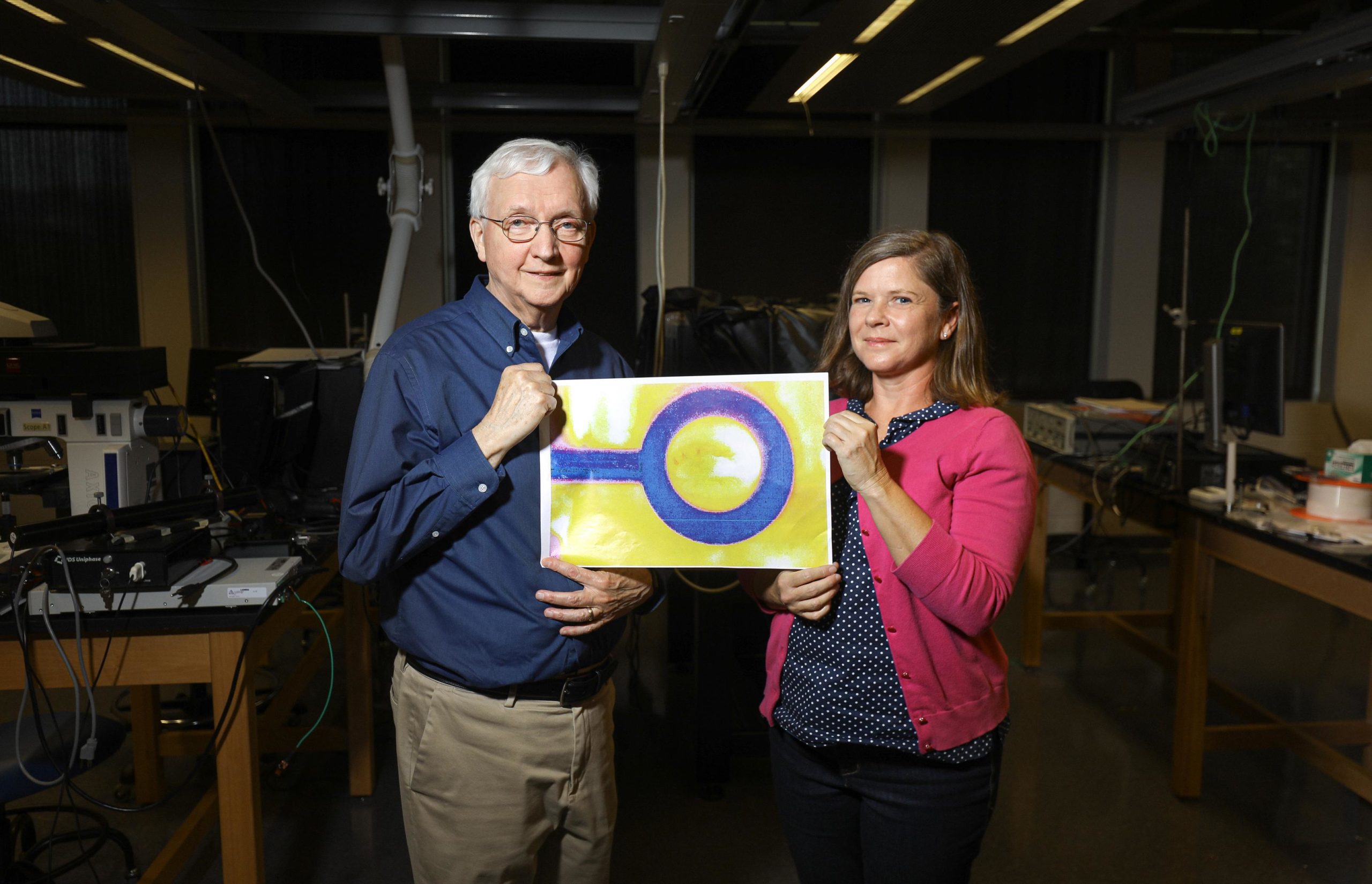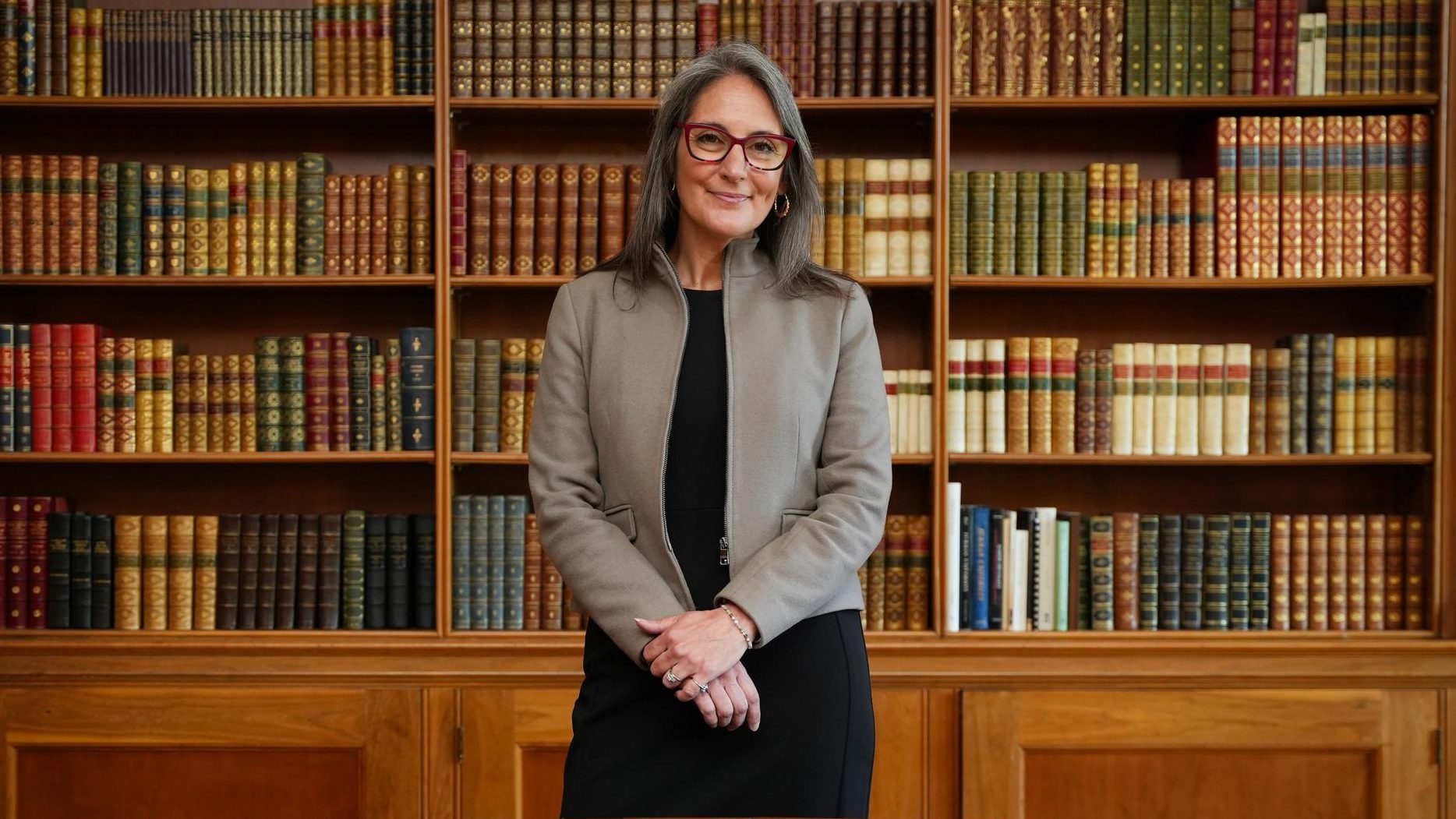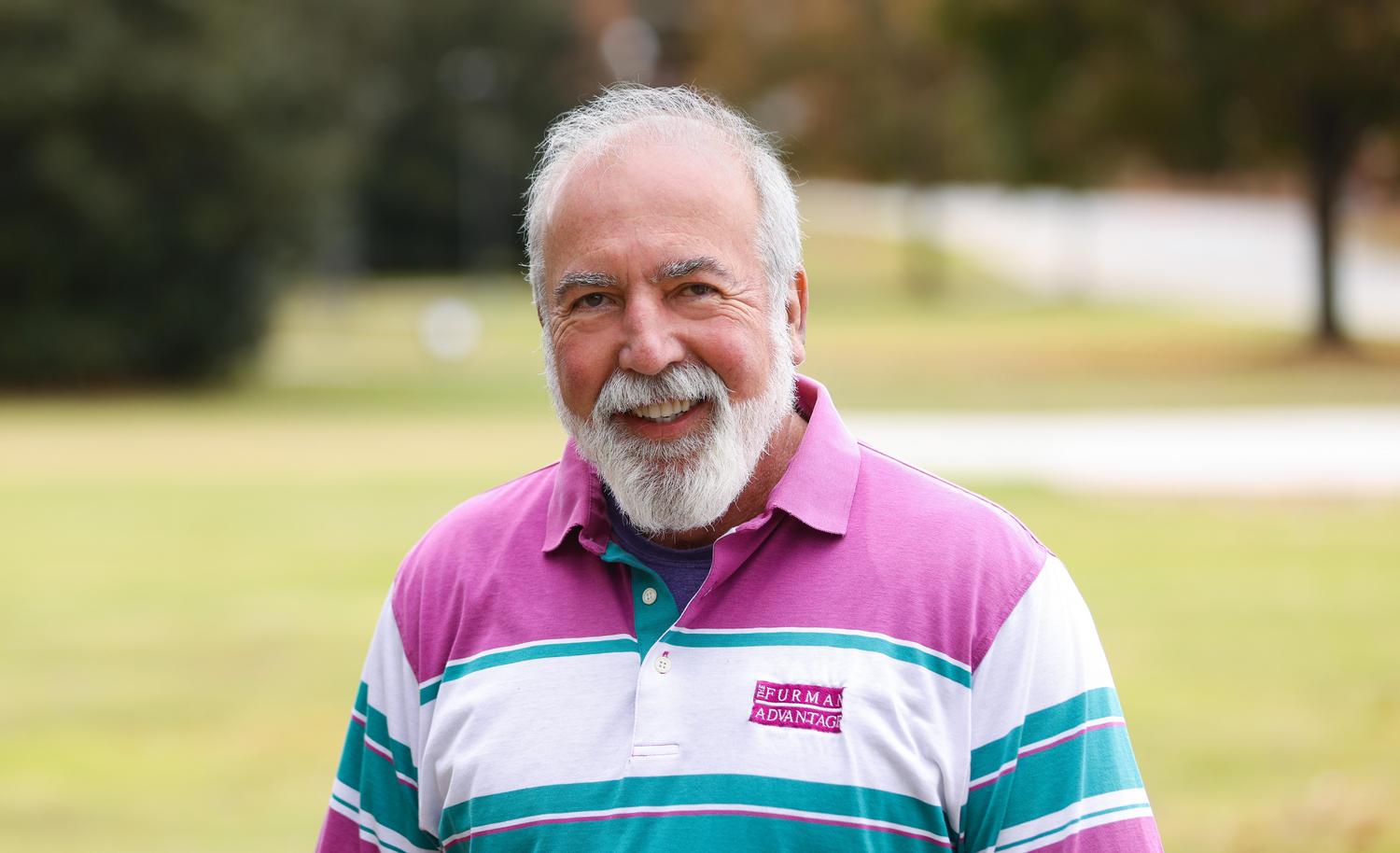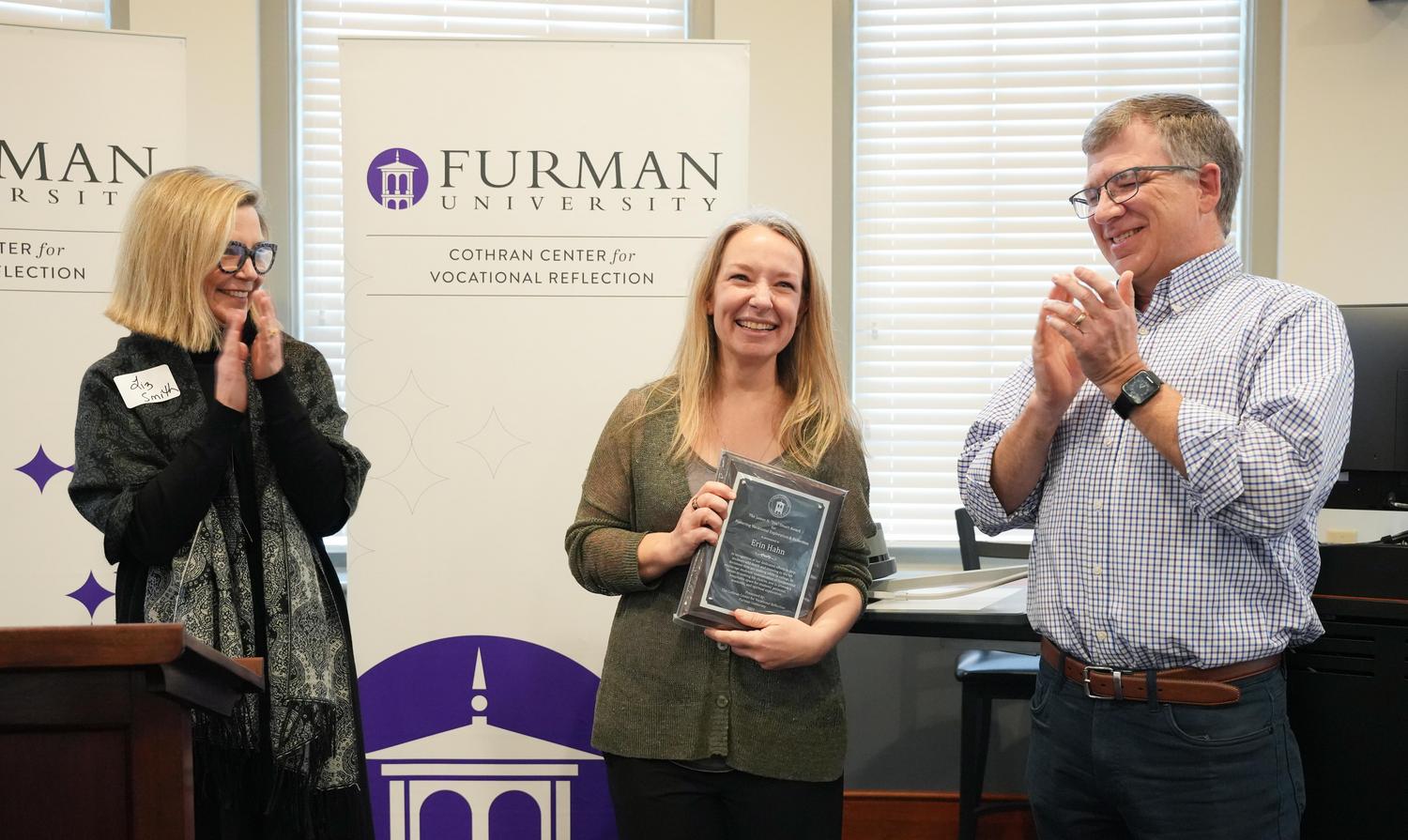Program Overview
Table of Contents
What is an applied physics major in the dual-degree engineering program?
Engineering is the study of theoretical principles of physics applied in real-world applications. An understanding of applied physics and engineering is an essential part of any innovation in science and technology. A degree in engineering, paired with a bachelor’s in applied physics, makes the seemingly impossible possible. Take your first steps by contacting admissions or reading more about how to apply.
Why study applied physics at Furman?
Our signature approach to the liberal arts and sciences means you’ll collaborate with professors who know your name, and you’ll receive one-on-one instruction to learn the basics. You’ll come away from the program with a stronger foundation than most engineering students in programs at larger institutions who don’t receive personalized attention in their introductory courses. Plan a visit to Furman’s beautiful campus or start your application today.
How will you learn?
You’ll see theoretical concepts play out in a practical, hands-on environment. Because our department does not have graduate students, our faculty relies on undergraduates, including first-year students, to initiate and conduct laboratory research. After three years at Furman, you’ll transfer to one of our partner schools, Clemson or Georgia Tech, to study engineering. When you complete the program in an additional two to three years, you will earn a Bachelor of Science in applied physics from Furman and a Bachelor of Science in engineering from our partner school. Another option is to earn a Bachelor of Science in physics by taking three additional physics courses, which will complement your engineering degree.

Careers for applied physics majors
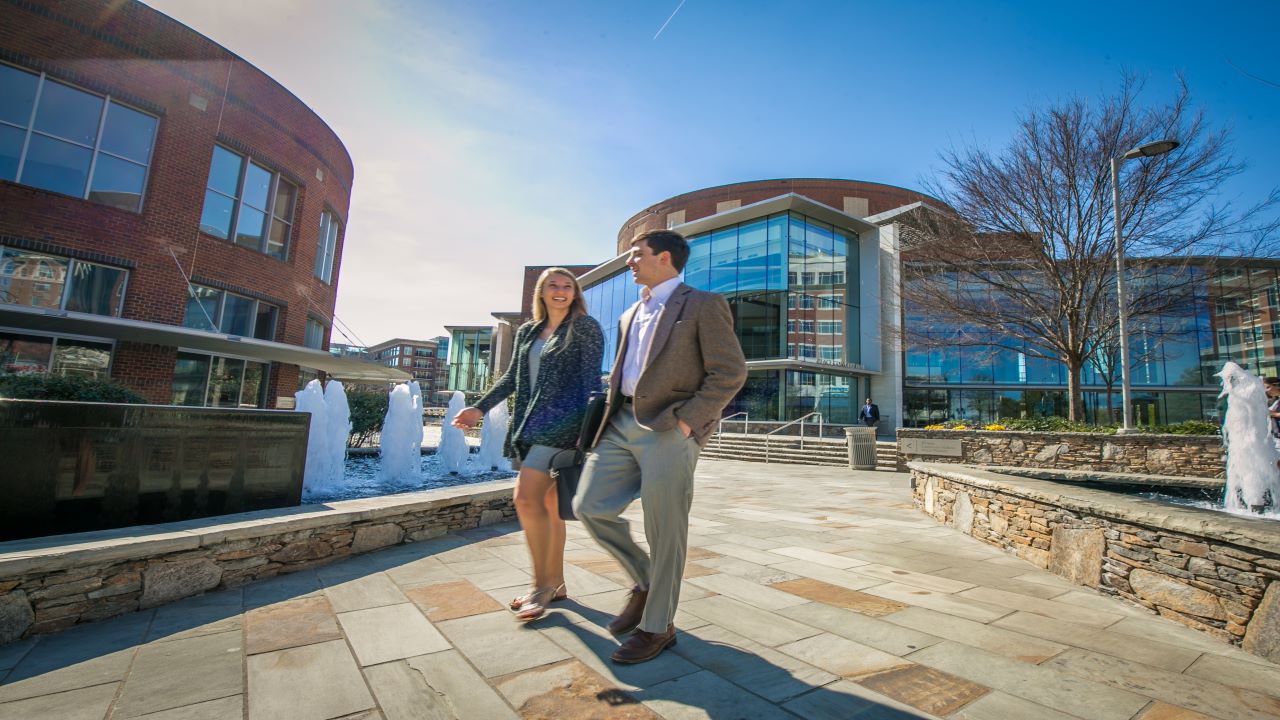
While many physics graduates go on to careers in the engineering field, a background in applied physics can prepare you for a wide variety of careers such as:
- Artificial intelligence assurance and operations specialist
- Business technology analyst
- Chemical engineer
- Civil engineer
- Computer-aided design and drafting (CADD) technician
- Data scientist
- Design engineer
- Digital pathology image analyst
- Educator
- Logistics manager
- Electrical engineer
- Engineer, space vehicle systems simulation for aerospace company
- Financial advisor
- High school science teacher
- IT consultant
- Lawyer
- Mechanical engineer
- Physician
- Project consultant
- Project coordinator for global project management and process integration firm
- Project manager
- Sales engineer physicist for environmental and energy management company
- Software engineer
- Researcher
- Technical consultant
- University professor
Dual-degree engineering program, applied physics major courses
The Department of Physics offers a robust range of options in the course catalog. Here are a few sample courses.
View Courses
-
24%alumni with careers in engineering and technology
-
22%alumni with careers in business management
-
21%alumni who go on to graduate school
What our students say
Our faculty
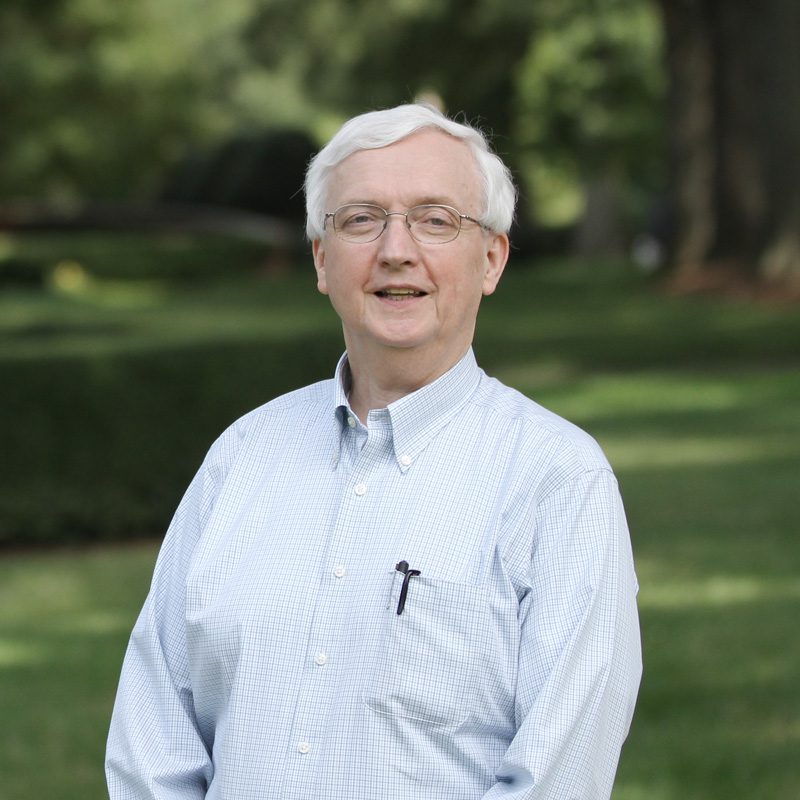
William Baker
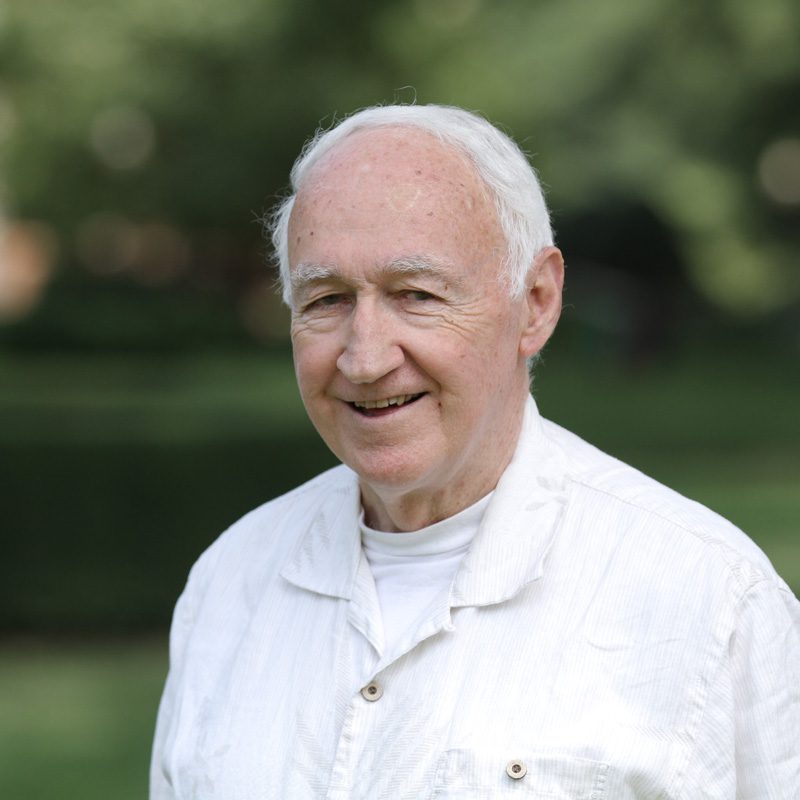
William Brantley
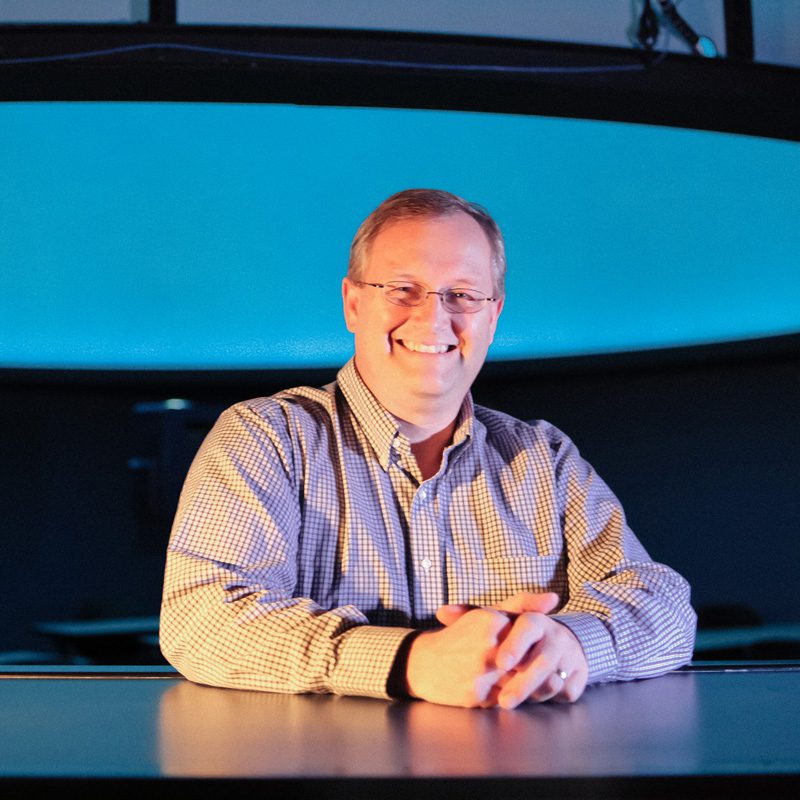
David Moffett
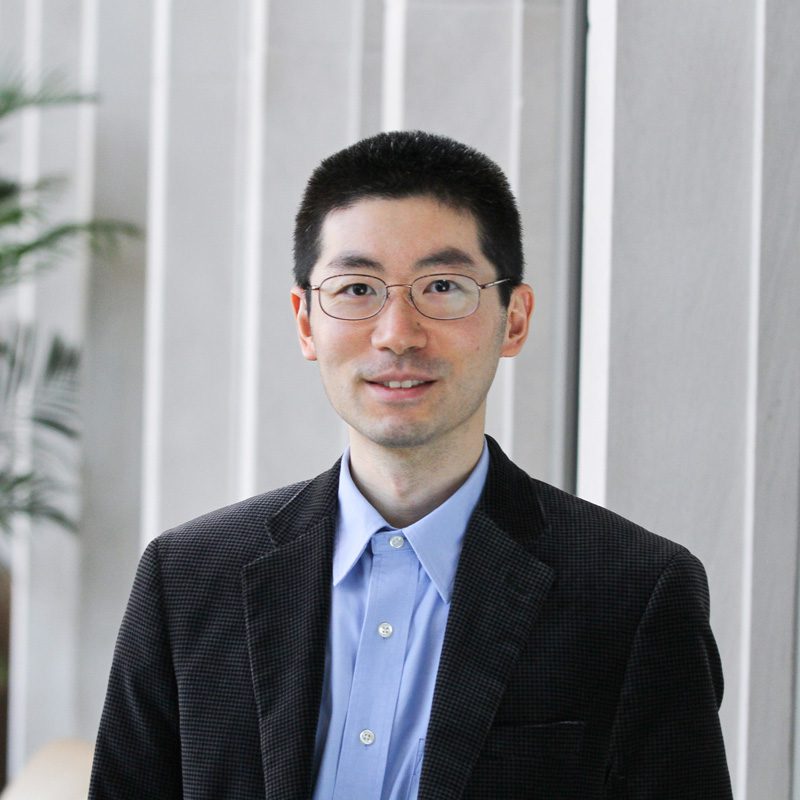
Dake Wang

Dual-Degree Engineering Program, Applied Physics Major F.A.Q.
At Furman, you will develop a stronger foundation than engineering students in other programs who didn’t receive the same personalized attention in their introductory courses. This combination of a liberal arts and sciences degree and an engineering degree will shape you into the kind of job candidate in demand at any firm. You’ll build the skills of a seasoned engineer and sharpen your ability to think creatively through Furman’s approach to education.
Many graduates go on to vocations within the engineering discipline, such as mechanical, chemical, civil or electrical engineering. However, a background in engineering can prepare you for a number of other occupations such as artificial intelligence assurance and operations specialist, business technology analyst, computer-aided design and drafting (CADD) technician, data scientist, design engineer, digital pathology image analyst, educator, logistics manager, space vehicle systems simulation for aerospace company, financial advisor and high school science teacher or college professor.
The median starting salary for an employee with a bachelor’s degree in engineering is $115,000 according to PayScale.com.
The dual-degree engineering program at Furman consists of three years at Furman and two to three years at one of our affiliated schools.
